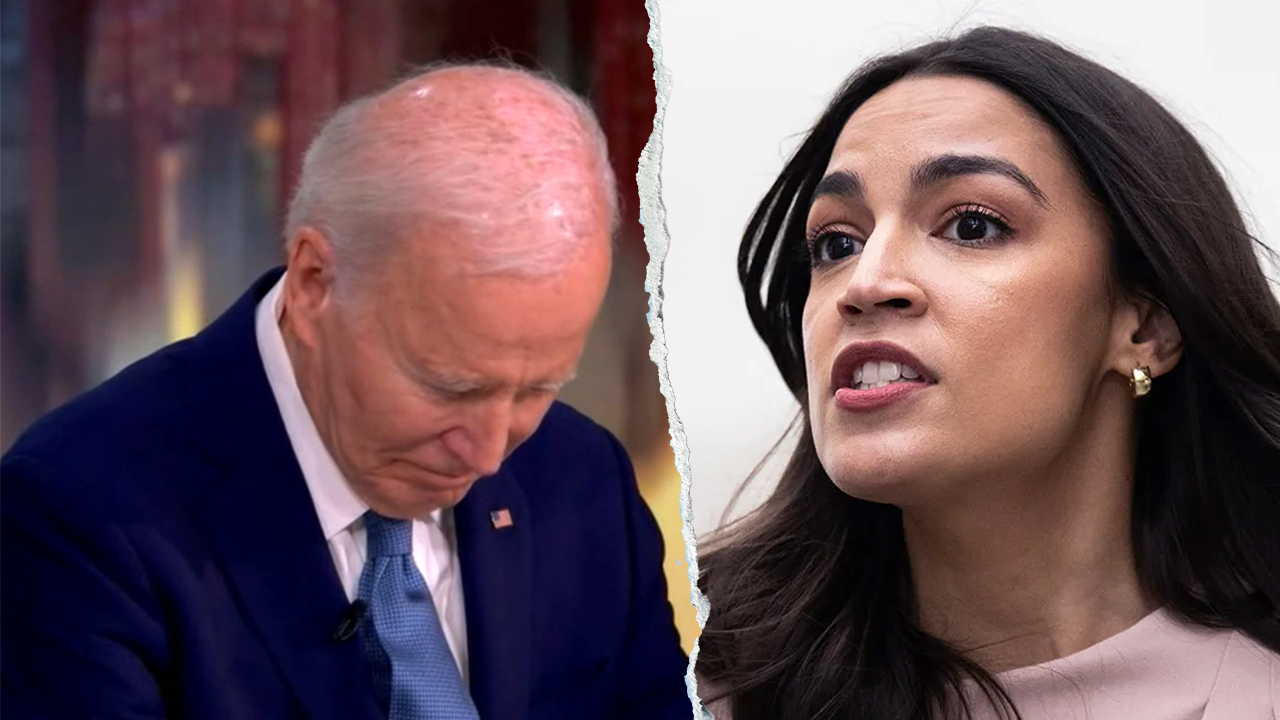Seniority question exposes Democrat Party rift as Biden returns to national spotlight

Former President Joe Biden is beginning to reemerge in the public eye, delivering his first speech since leaving office last month and sitting for his first post-presidency interviews. The 82-year-old former party leader took the opportunity to reflect on the Democrats’ losses in November and discuss the future of the party on “The View” Thursday morning.
Throughout his presidency, the Biden administration consistently defended the mental acuity of the first octogenarian president. However, his disastrous debate performance against President Donald Trump and the subsequent suspension of his re-election campaign raised concerns about his ability to lead. Despite this, Biden maintained to the hosts of “The View” that the only reason he dropped out of the race was to prevent a divided Democratic Party.
As Democrats continue to grapple with the aftermath of losing the White House, Senate, and failing to regain the House in November, the question of seniority within the party has resurfaced. Rep. Alexandria Ocasio-Cortez, the 35-year-old progressive who has been making waves as a potential 2028 presidential candidate, recently announced that she will not seek the top Democrat position on the House Oversight Committee.
Ocasio-Cortez lost her bid for the House Oversight position to 74-year-old Rep. Gerry Connolly last year. Connolly, who had announced his plan to step back due to health reasons, opened the door for Ocasio-Cortez to consider another attempt at leading the committee. However, citing the party’s emphasis on seniority in leadership positions, Ocasio-Cortez decided to remain in her current role on the Energy and Commerce Committee.
The conversation around seniority in the Democratic Party was further fueled by DNC Vice Chair David Hogg’s plan to challenge older incumbent Democrats. Hogg’s Super PAC, Leaders We Deserve, announced a $20 million initiative to help elect younger Democrats in deep-blue districts, a move that received criticism from veteran Democrat strategist James Carville.
In response to Hogg’s actions, DNC Chair Ken Martin announced a neutrality pledge for DNC officials and an ultimatum for the young progressive – either resign as vice chair or forego involvement in Leaders We Deserve. This development highlights the ongoing tension within the Democratic Party regarding generational leadership.
Rep. Ro Khanna, another younger Democrat seen as a potential 2028 presidential candidate, emphasized the need for a rebranding of the Democratic Party with a coherent and future-oriented platform. Khanna expressed his desire to be part of this shift towards new leadership, distancing from the old guard.
Ocasio-Cortez’s decision not to pursue a leadership position on the House Oversight Committee comes amid rumors about her future political ambitions, including a potential 2028 presidential or 2026 senatorial run. Her recent campaign-style video with Sen. Bernie Sanders and record-breaking fundraising efforts have only fueled speculation about her political future.
As the Democratic Party navigates these internal dynamics and prepares for upcoming elections, the focus on generational leadership and ideological shifts will likely continue to shape the party’s trajectory. Biden’s return to the public eye serves as a reminder of the ongoing evolution and challenges facing the Democratic Party in the post-Trump era.




